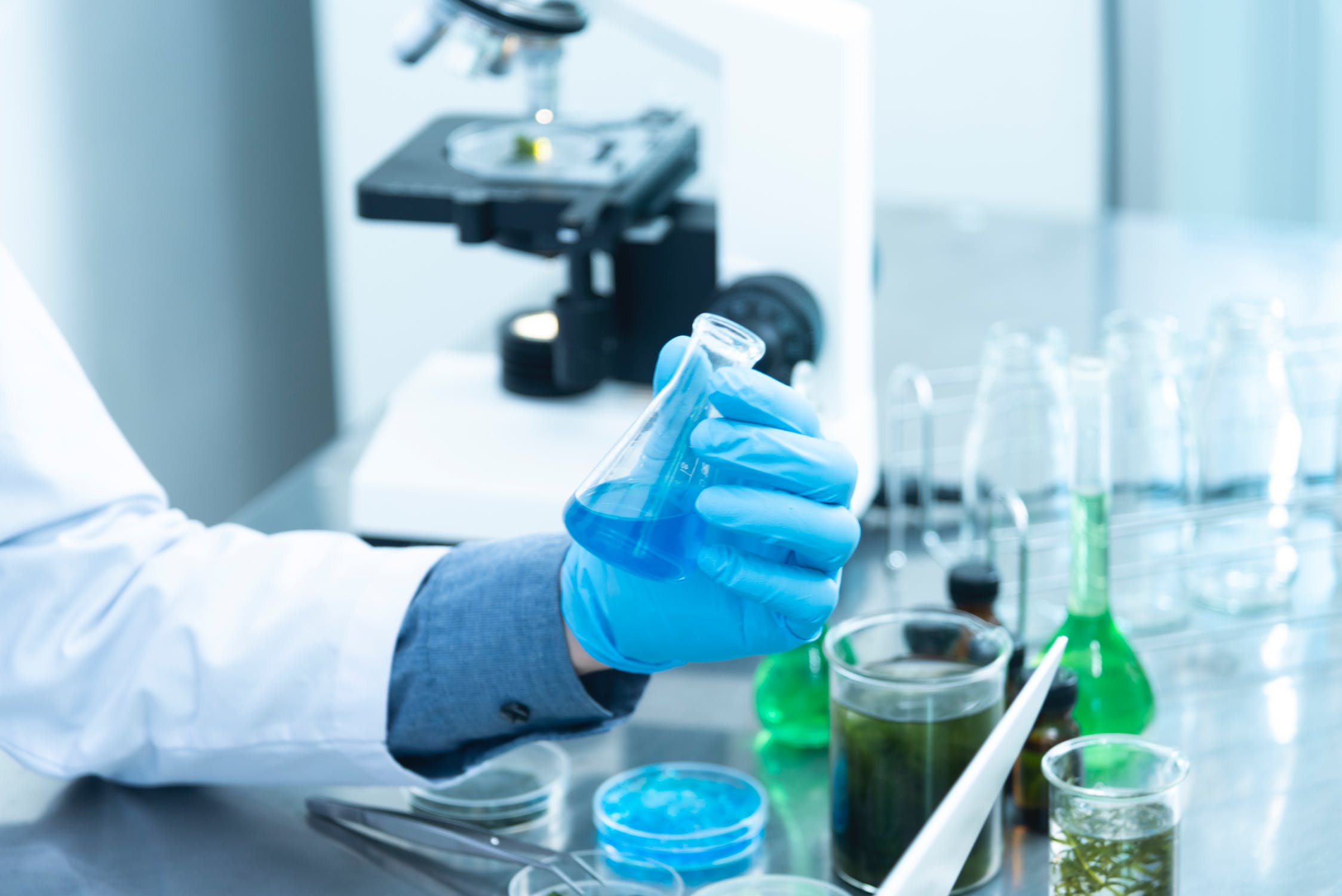Precision medicine can play a crucial role in better targeting drugs or medicines and predicting drug efficacy. There is no doubt that the better we can do this; the more successful treatments can be released going forward. It is important to bear in mind that research and development into drug innovations come at a high cost in terms of time, money and resources, but the results can be life-changing.
Research and development of new therapeutic treatment involves the identification of novel drug targets, the quicker and more accurate, the better; candidate therapies that previously fell short of expectations in clinical trials can be rescued, by the refinement of the targets. Here, Kinomica takes a look at how to achieve better precision medicine for the future.
How biomarkers support the development and use of new drugs
Clinically accurate biomarkers are highly sought after, to diagnose diseases and to identify patients who may respond better to an alternative drug. New technology is constantly emerging to improve biomarker discovery and validation, such as mass spectrometry, proprietary databases and computational algorithms to interrogate phosphoproteomes.
By harnessing the power of phosphoproteomics, the capabilities are in our hands to offer bespoke diagnostic services that can test and identify clinically specific biomarkers. This results in greater accuracy for efficacy predictions in preclinical and Phase 1 stages, producing tailored services and insights that provide faster results than traditional gene mutation markers.
How does this help in Drug Discovery?
The simultaneous measurement of all active kinases can help in several scenarios, and in turn, help to inform diagnostic decision-making. In discovery and development, it can help identify new drug targets, reveal unintended off-target effects, investigate mode of action and drug resistance mechanisms.
Improved patient stratification to speed up clinical trials
Ground-breaking phospohroteomics technology offers powerful insights to give a snapshot of protein and cell-signalling activity. The data generated allows a more significant prediction of drug responses and outcomes than can be achieved with current gene mutation markers. In harnessing the power of proteomics, it is possible to improve predictions and do so more quickly, reducing patient recruitment times and increasing the treatment success rate, reducing time and costs.
Why can this help?
Through platforms such as phosphoproteomics and bioinformatics, it is now routinely possible to match the most appropriate drugs and treatment regimens to patients and reduce the time and money spent on ineffective medicines. Improved precision medicine will reduce illness and better patients’ quality of life.
Drug discovery and development will be much more targeted, with significantly less time and resources required to identify the critical biomarkers and genetic precursors for advanced diseases such as blood disorders, neurodegeneration and cancers. The process of identifying and validating disease-specific biomarkers has been a time-consuming challenge; however, the emergence of powerful phosphoproteomics analytical methods and computational algorithms has made precision medicine a new improved reality.
In conclusion
Technology that improves the discovery and development of new drugs, finding targets quicker, revealing wider network effects will greatly reduce R&D costs and time-to-market. Better therapeutic targeting of drugs to patients will mean less time on speculative medicines, reducing costs and side-effects, providing more effective drug administration to treat specific patients and conditions more quickly. Clinicians will gain a better understanding of drug efficacy through predicated patient response and target therapies accordingly.

